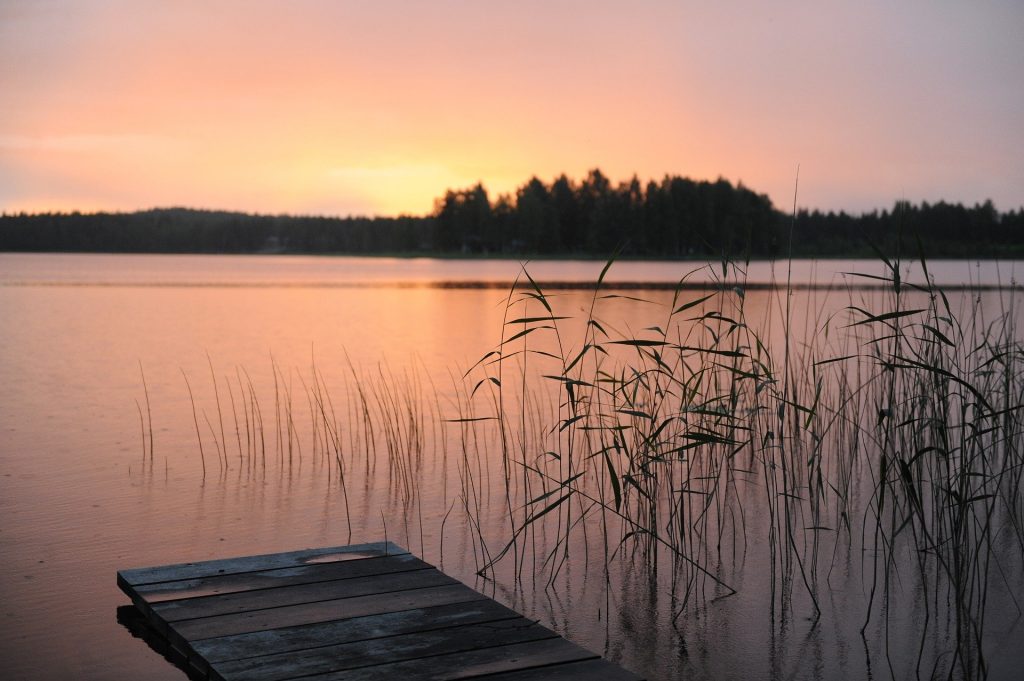“Zero Island” Lidö in Sweden
Lidö Island project aims of transforming this small island into a place that has zero net CO2 emissions in one year. This was done by applying solutions in everyday life on almost everything on the island. In this project collaborated business owners on the island, “Nesta” energy company and Skärgårdsstiftelsen. The island has been renamed “Zero Island” for this project.
The project has been opened in Jun 2019. 18 different solutions were implemented to make the island more sustainable which meant that the island's annual emissions decreased from the equivalent of 180 tonnes of CO2 to 40 tons of CO2.
“Zero Island” initiatives that already have been carried out:
Transportation: fossil fuels used for transport to and from the island have been replaced with renewable diesel.
Accommodation, electricity, and heating: solar panels have been installed to produce sustainable energy for the hotel and the cottages on the island are equipped with solar panels, air-water heat pumps, LED lighting and energy-saving drapes. The propane gas used for cooking in the cookers has been replaced with biogas.
Waste management: everything possible on the island is reused or recycled. Food waste is processed into compost soil for organic potato cultivation. A new recycling center, a new compost system that converts food waste into compost soil in one day has been installed and avoid any unnecessary waste.
Food industry: A sustainable “Zero Menu” is served at some restaurant in this project. It is designed with local, organic ingredients in mind and is an example of how food choices can contribute to lowering carbon dioxide emissions. It is generally known that the food people eat has a major impact on climate footprint.
Keywords: sustainable future, innovation, fossil free, zero island, Lidö, Sweden
